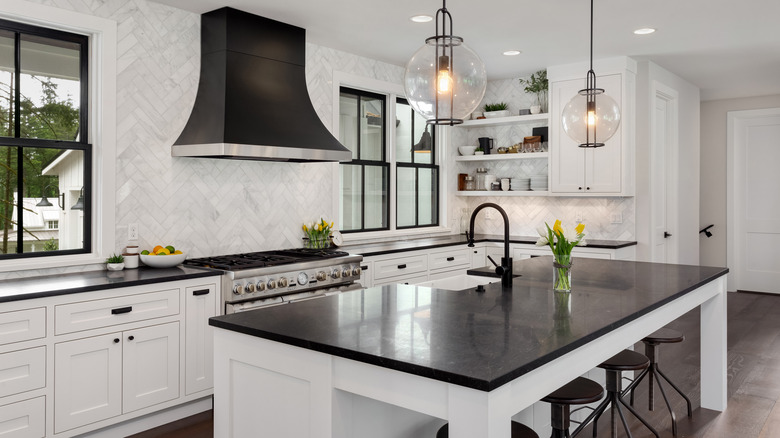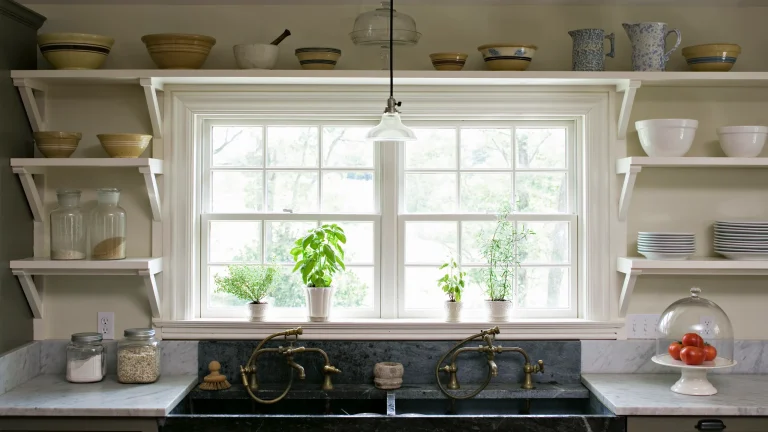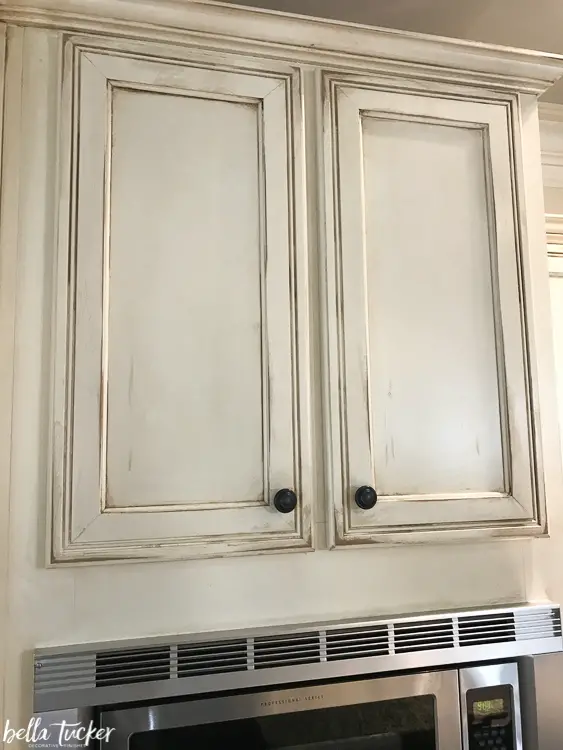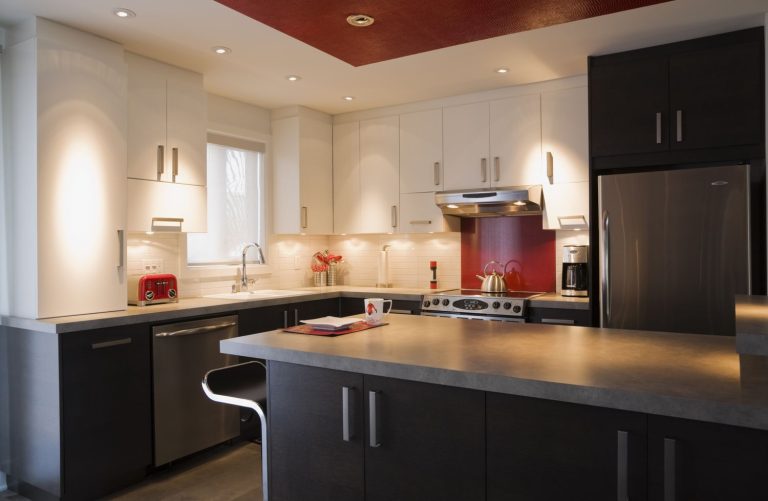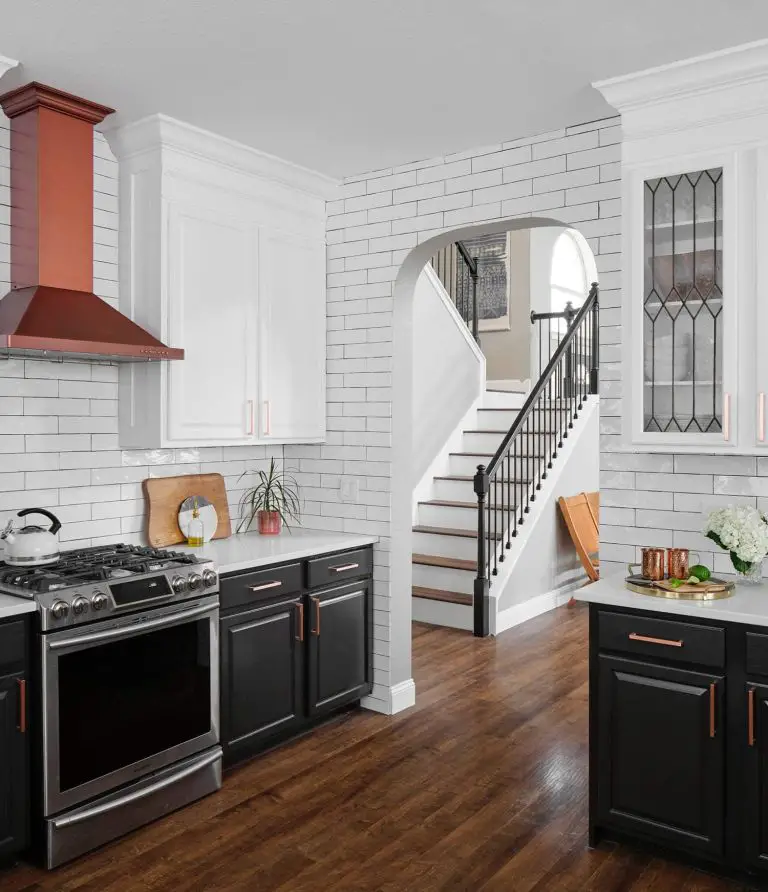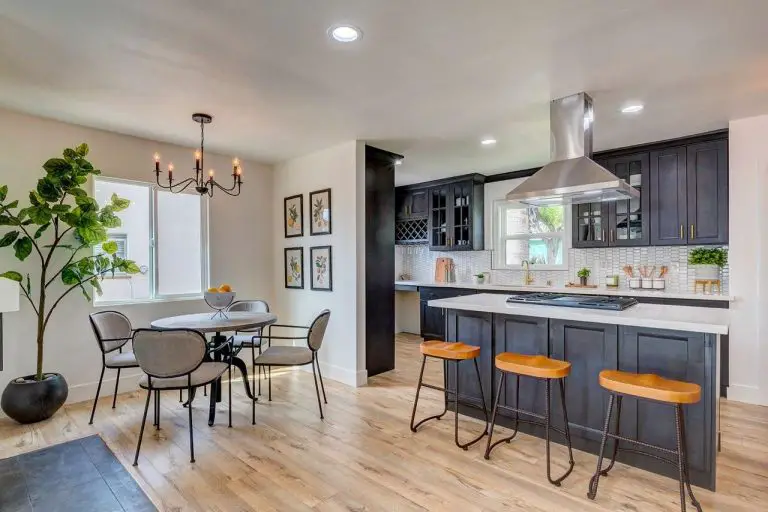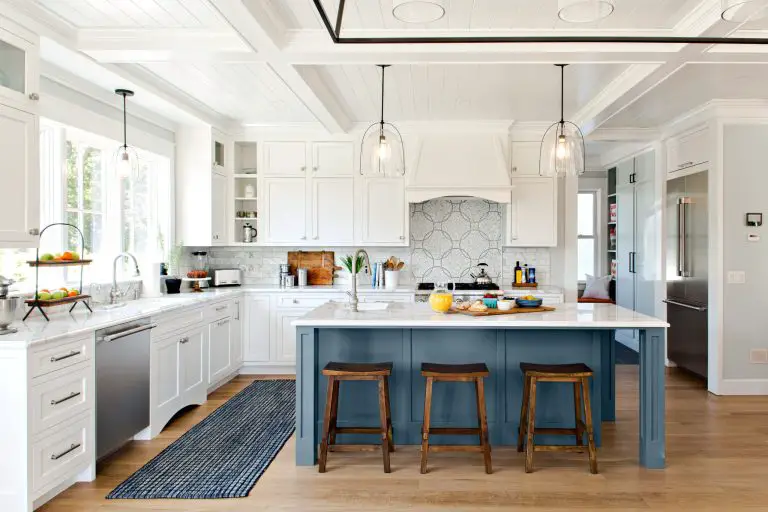Should Countertop Be Lighter Or Darker Than Cabinets?
When renovating a kitchen, one of the most important decisions to make is whether the countertop should be lighter or darker than the cabinets. The right choice can bring the kitchen together and create an inviting atmosphere. Darker countertops tend to look more modern and can be the perfect complement to light wood cabinets. Lighter countertops can be a great way to break up a darker kitchen and bring a bit of brightness to the space. Ultimately, the decision comes down to personal preference and should be made with the overall design of the kitchen in mind.
Lighter Countertops
When it comes to choosing countertops for your kitchen, the debate between lighter and darker countertops can be difficult to decide. While both options can look great, one must consider the benefits of each option to make the best decision. Lighter countertops can provide several advantages, such as making a space appear more spacious and airy, adding a touch of brightness to an otherwise dull room, and creating a contrast between cabinets and countertops.
Lighter countertops can also help to reflect more light, which can make a kitchen appear larger, brighter, and more inviting. Light countertops are also easier to keep clean and maintain. In addition, light countertops can help to create a more modern look, as they are often seen in modern and contemporary kitchens. Furthermore, lighter countertops are often more affordable than darker countertops and can help to save money.
Ultimately, the choice between lighter and darker countertops comes down to personal preference. While lighter countertops can provide several benefits, darker countertops can also make for an attractive and modern look. Consider the look, feel, and size of the space when making a decision, and be sure to take into account the benefits of each option.
Darker Countertops Versus Lighter Countertops
When it comes to achieving the best balance between style and function in kitchen design, the color of the countertop is a major consideration. You want to select a countertop that will complement the cabinets and other features in the room, while also meeting your needs for functionality and durability. So, should countertops be lighter or darker than cabinets? Both options have their advantages and drawbacks, so it’s important to understand the benefits of lighter and darker countertops to make an informed decision.
Darker countertops can add depth and drama to your kitchen design. Dark colors tend to be more resistant to staining, making them ideal for high-traffic kitchens. Additionally, darker countertops are more forgiving of scratches and other minor imperfections. On the other hand, lighter countertops can make a kitchen feel brighter and more open. They reflect more light, making them a great choice for smaller kitchens. Lighter countertops can also be less prone to chipping and cracking.
No matter what color countertop you choose, it’s important to select one that will complement the cabinets and other features in your kitchen. After all, the countertop you choose will be the star of the show when it comes to creating a beautiful and functional kitchen. Consider the pros and cons of both lighter and darker countertops, and select one that will meet your needs and add the perfect touch of style to your space.
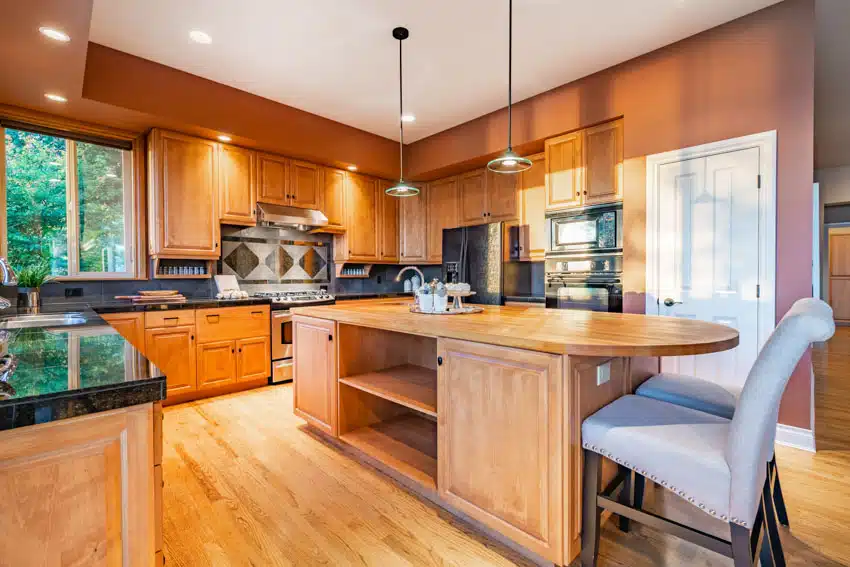
Credit: designingidea.com
Pros and Cons of Lighter Countertops
When choosing a countertop for your kitchen remodel, you may find yourself wondering if it should be lighter or darker than your cabinets. This is a common question, and there are pros and cons to both options. Lighter countertops can help brighten up a room and make it appear larger, while darker countertops can create a more dramatic, cozy atmosphere. Both have their advantages and disadvantages, and it is important to consider your own needs and tastes before deciding on the perfect countertop.
Lighter countertops are often favored for their ability to open up a room and make it appear larger. They also tend to be more reflective and can bounce light around the room. This can be helpful in smaller spaces, as it can help brighten up the room and make it appear larger. However, lighter countertops can also show dirt and fingerprints more easily, so they may not be the best choice for those who want low-maintenance countertops.
Darker countertops can create a more dramatic look in a kitchen, and they are often favored for their ability to hide dirt and fingerprints. Darker countertops can also be easier to keep clean, as they don’t show dirt and fingerprints as easily. However, darker countertops can make a room appear smaller, so they may not be the best choice for those who want to maximize their space.
The choice of countertop color is a matter of personal preference, and there are pros and cons to both lighter and darker countertops. It is important to consider your own needs and tastes before making a final decision. No matter what you choose, you can be sure that the right countertop can make your kitchen look beautiful.
Pros and Cons of Darker Countertops
The color of your countertop is an important decision to make when designing your kitchen. When it comes to choosing the right countertop for your kitchen, many people are torn between selecting a lighter or darker countertop than their cabinets. There are both pros and cons to going with either a lighter or darker countertop than your cabinets.
Darker countertops, such as granite or quartzite, offer a more luxurious look and a unique depth of color. Granite countertops are also incredibly durable and easy to maintain. On the downside, darker countertops can make a kitchen feel smaller and can be harder to keep clean.
Lighter countertops, such as marble or laminate, offer a bright and airy feel and can make a kitchen look bigger. They are also more affordable and easier to clean and maintain. However, lighter countertops are more prone to scratches and stains and may not be as durable as darker countertops.
Ultimately, the decision of whether to go with a lighter or darker countertop than your cabinets is a personal preference. Consider the advantages and disadvantages of both options before making a decision. Also, think about the overall look and feel you are trying to achieve in your kitchen.
Factors to Consider When Choosing Countertop Color
When choosing a countertop color, there are many factors to consider. The countertop should be a complement to the cabinets, but it should also stand out and make a statement. The color should work with the overall design aesthetic of the kitchen. Darker countertops can add contrast to light-colored cabinets. They can also add dimension and interest to the design. On the other hand, lighter countertops can provide a more airy and open look. They can also make a small kitchen appear larger. No matter which color you choose, make sure it works with the existing design elements such as the appliances, the backsplash, and the flooring. Consider texture and pattern as well as color when selecting a countertop to ensure a cohesive and harmonious look. Ultimately, the choice should be based on personal preference and the desired look.
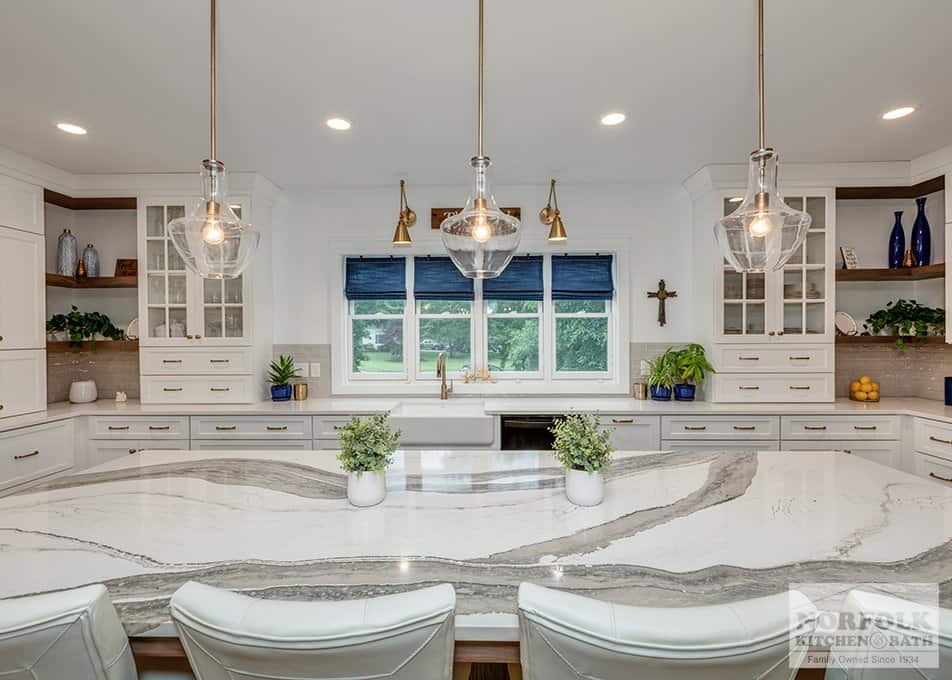
Credit: www.norfolkkitchenandbath.com
Popular Countertop Color Combinations
When it comes to countertop colors, it can be tricky to find the perfect combination that will look good with the rest of your kitchen. The most popular choice is to match the countertop color to the cabinets, however, there are advantages and disadvantages to both lighter and darker countertop colors. To help you decide, we’ve put together a list of popular countertop color combinations that are sure to bring a sense of style and sophistication to your kitchen.
For a classic look, choose a light-colored countertop to contrast the dark cabinets. This classic look gives your kitchen a timeless feel and creates a sense of balance throughout the space. To add a modern twist, you can choose a dark countertop to contrast the lighter cabinets. This bold style is perfect for those who want to make a statement in their kitchen.
If you prefer a neutral look, then opt for a white countertop with wood or white cabinets. This subtle look is perfect for those who want a timeless, minimalistic style in their kitchen. For a more dramatic look, choose a black countertop with white cabinets. This bold look is sure to make your kitchen stand out from the rest.
No matter what you choose, finding the perfect combination of countertop and cabinet colors is essential in creating a beautiful kitchen. With these popular countertop color combinations, you’re sure to find the perfect look for your space.
Design Inspiration for Lighter Countertop and Darker Cabinet Combinations
When it comes to remodeling a kitchen, the decision of whether countertops and cabinets should be a lighter or darker shade can be overwhelming. It’s important to keep in mind that the lighter the countertop is, the darker the cabinets should be to achieve a balanced look. Not only does this create a visually appealing design, but it also helps to create a sense of balance in the kitchen.
Designers often take inspiration from the natural elements around them when determining the contrast between countertops and cabinets. For example, if the kitchen is filled with warm, earthy tones, they may opt for a lighter countertop and darker cabinets. Conversely, if the kitchen is filled with cool blues and grays, they may go for a darker countertop and lighter cabinets.
When it comes to achieving the perfect combination of lighter countertop and darker cabinets, the possibilities are endless. Homeowners can choose from varcountertopsterials, such as granite, quartz, concrete, and even wood. For a modern look, some may choose to pair white marble countertops with dark walnut cabinets. For a more traditional look, some may choose to pair black granite countertops with white cabinets.
Creating the ideal combination of lighter countertops and darker cabinets is all about finding the perfect balance. By taking into account the kitchen’s design aesthetics and materials, homeowners can craft a look that is both stylish and timeless.
Cost Considerations for Countertop Color Selection
When selecting a countertop color, cost is an important factor to consider. DaDarker-colored countertops tend to be more expensive than lighter-colored countertops because they usually require more material to cover the surface. Additionally, darker countertops may require more specialized installation and labor costs. On the other hand, lighter countertops can be less expensive, but they may also be more vulnerable to staining and discoloration over time.
Ceramic and porcelain tiles are the cheapest option for countertops, but they are not as durable as other materials. Granite and quartz countertops are more expensive but are more durable and can last for years. They are also available in a wide range of colors and patterns, giving you more options for countertop color.
For homeowners on a budget, laminate countertops are a more cost-efficient option. They are available in a variety of colors and patterns, and they are easy to install and maintain.
No matter what countertop material you choose, you will need to consider the costs when selecting a color. Darker colors tend to be more expensive, but they can also be more durable and aesthetically pleasing. Lighter colors are usually more affordable but may require more maintenance. Ultimately, you should choose the color that best fits your budget and style.
FAQs About the Should Countertop Be Lighter Or Darker Than Cabinets?
Q: Is there a rule of thumb when deciding whether countertops should be lighter or darker than cabinets?
A: Generally, it is recommended to choose a countertop that is one or two shades lighter or darker than the cabinets. This will create a pleasing contrast and will help to bring out the beauty of both the countertop and the cabinets.
Q: What are the advantages of having a countertop that is darker than the cabinets?
A: Darker countertops can help to create a modern and sleek look and can serve as a great focal point in the room. Darker countertops can also help to hide dirt and other spills more effectively than lighter countertops.
Q: What are the advantages of having a countertop that is lighter than the cabinets?
A: Lighter countertops can help to open up the room, making it appear larger and brighter. Lighter countertops can also help to create a more airy and inviting atmosphere.
Conclusion
Overall, the decision of whether your countertop should be lighter or darker than your cabinets depends on your personal preference and the overall style of your kitchen. Lighter countertops can make a room look brighter and more spacious while darker countertops can add warmth and create a dramatic look. Consider the colors and textures of your other kitchen elements and decide which option best fits your desired style. Ultimately, whatever tone you choose for your countertop can provide a beautiful complement to your cabinets and create a stunning kitchen.

